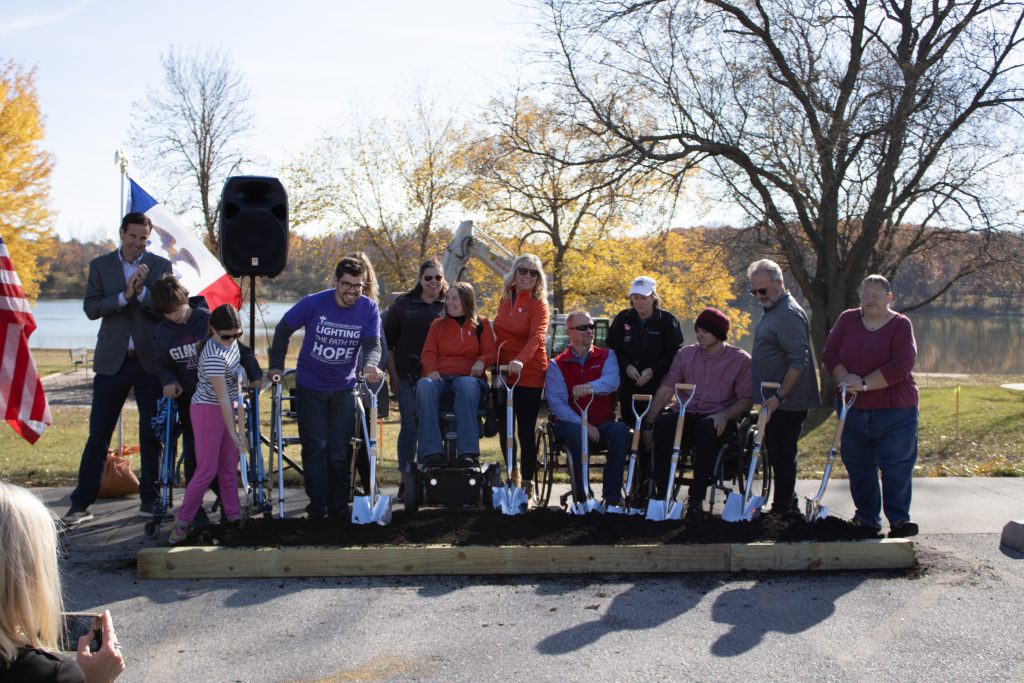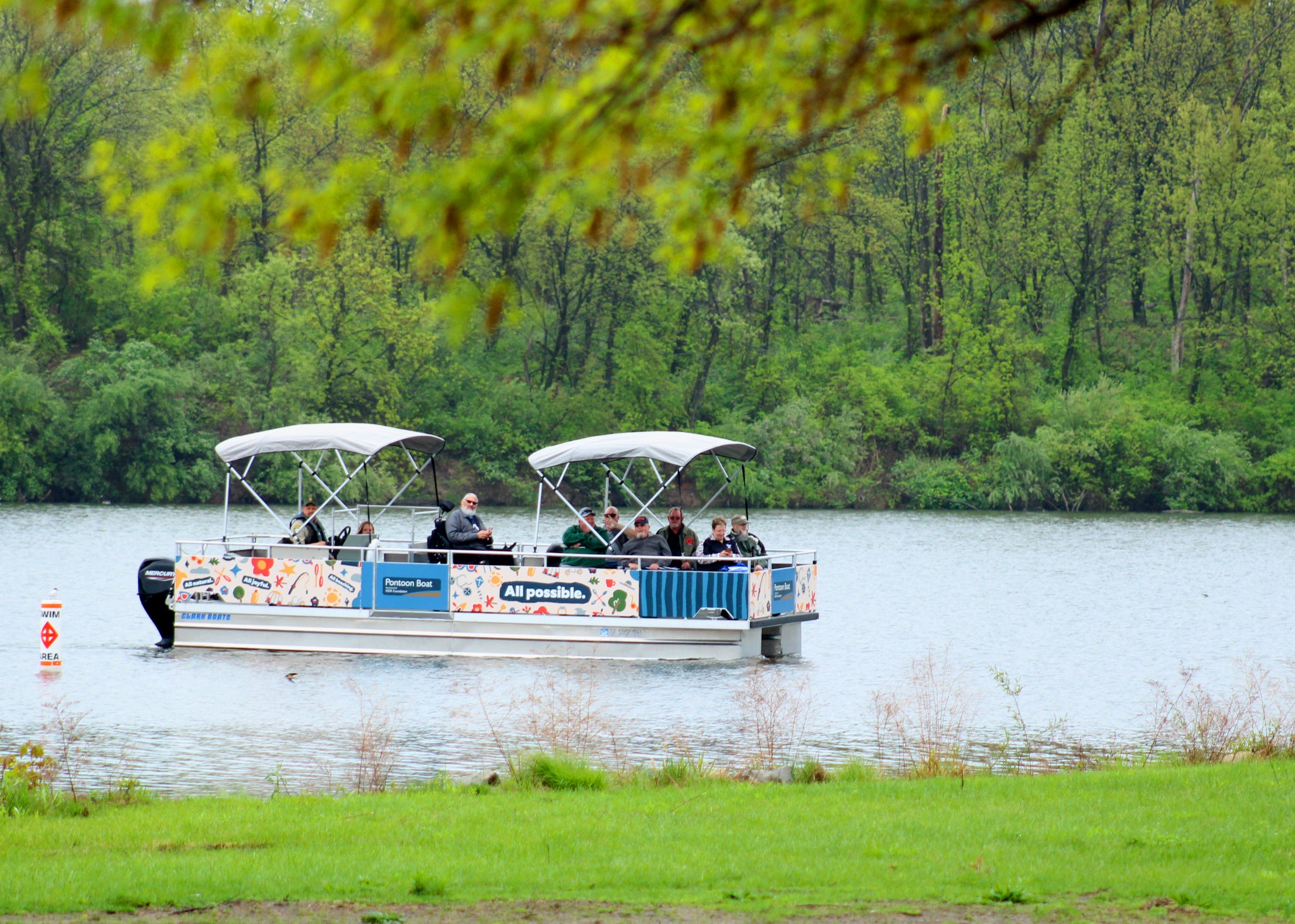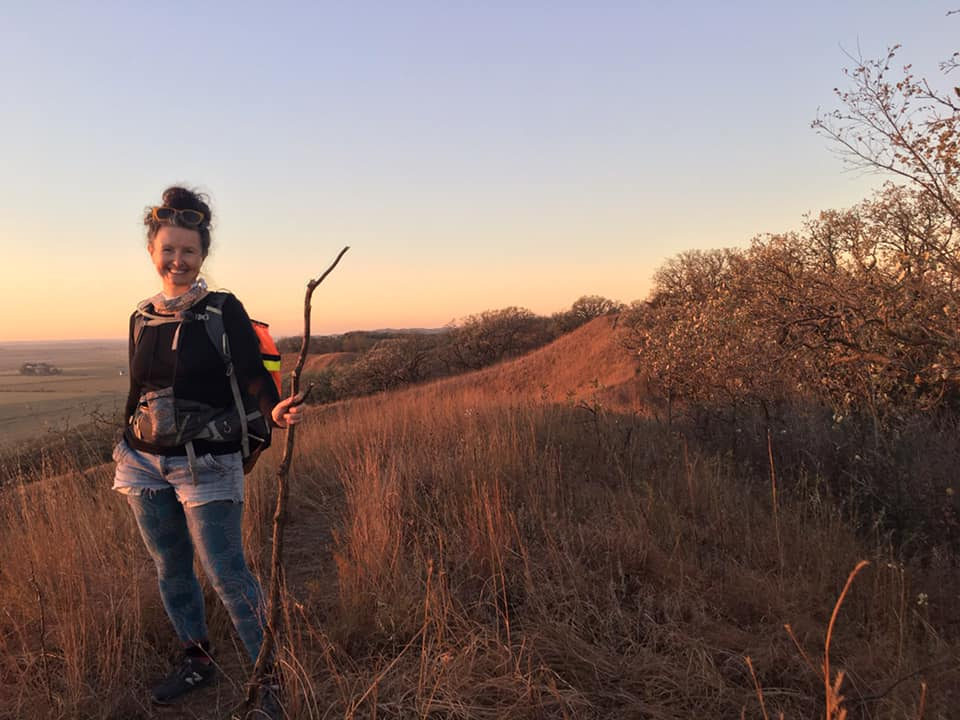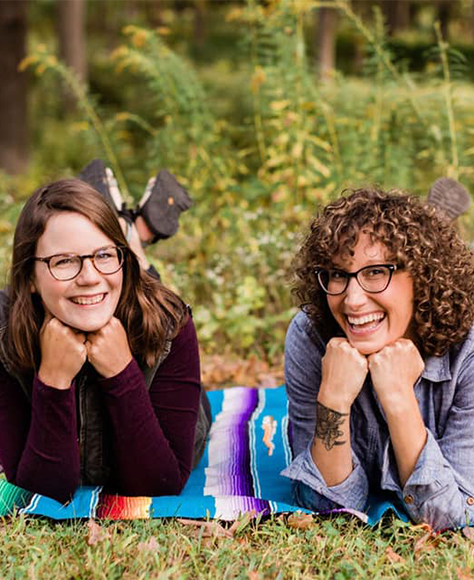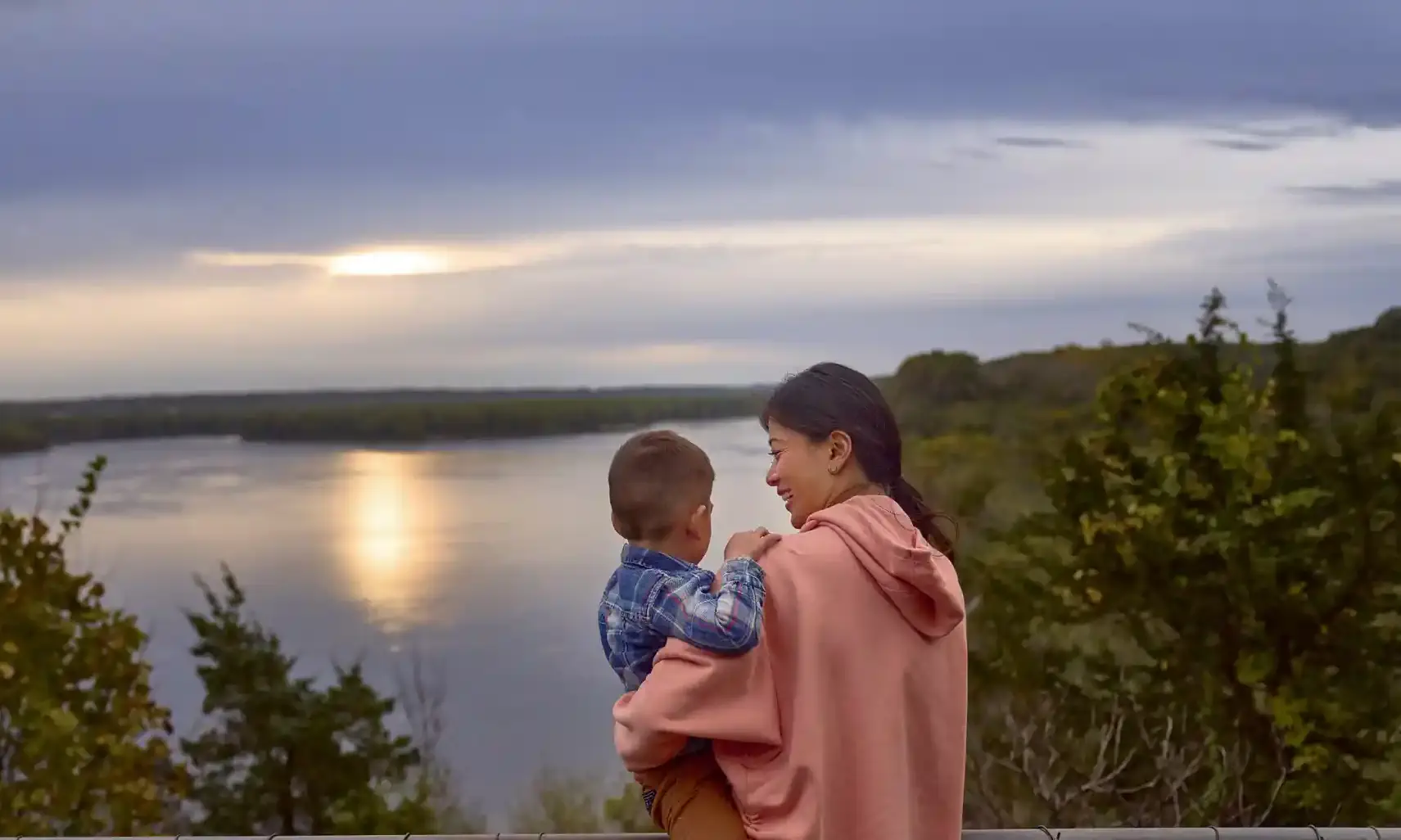Des Moines is now home to one of the nation’s most universally accessible parks
Though Polk County’s Easter Lake Park has always been a popular recreation destination, a new project has transformed it into a space where everyone – regardless of age, ability or background – can reconnect with nature and each other.
When the Des Moines Veteran Affairs Clinic expressed a need for more water recreation opportunities for veterans and the Des Moines Rowing club began searching for a new home, all eyes turned toward Easter Lake Park. The Polk County Conservation Board, which had been working to restore the park since 2015, joined the conversation and kickstarted a project that would transform the park’s beach into the Athene North Shore Recreation Area, one of the most universally accessible parks in the country.
The two organizations had separate visions for the park, but the conservation team wanted to do something that every member of the community could enjoy. After surveying Des Moines residents, the team discovered they simply wanted a place where people of all abilities can enjoy nature, specifically through water recreation.
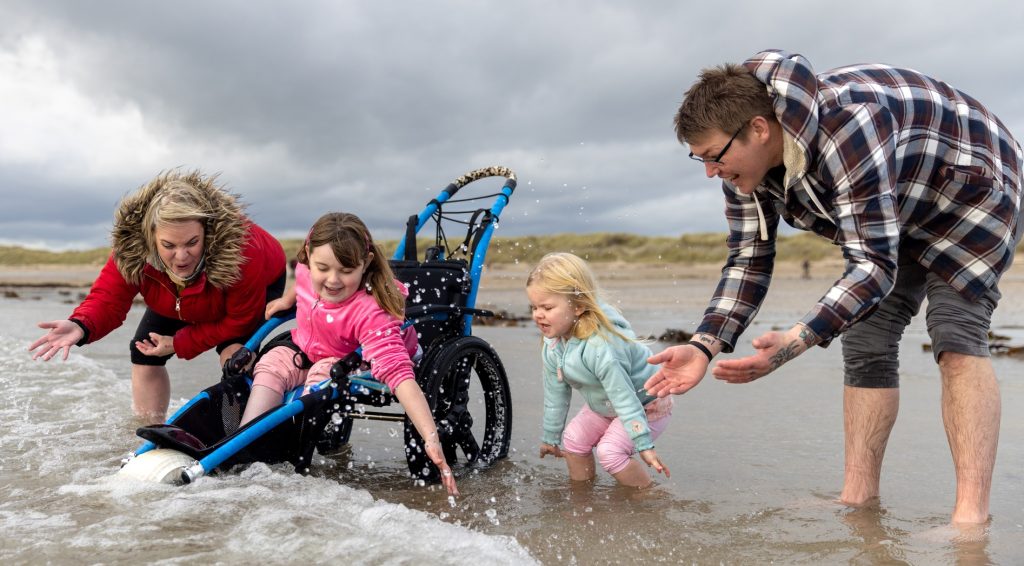
“It became about more than the rowing team or the veterans, we were really looking at what the whole community needs,” said Jessica Lown, Polk County Conservation’s community outreach supervisor. “While there were lots of smaller things happening at parks across the state, this project is unique because we were starting from scratch with universal accessibility as the singular goal.”
Setting the Standard
The conservation team dove headfirst into researching what accessible recreation looks like. They worked closely with Molly Wuebker, an occupational therapist, instructor and researcher at Drake University, who started the independent contracting business Uncurbed to consult on such projects.
And Shive-Hattery, a national architecture and engineering firm based in Cedar Rapids, joined the project and conducted their own extensive research into designing and building the park’s accessible features.
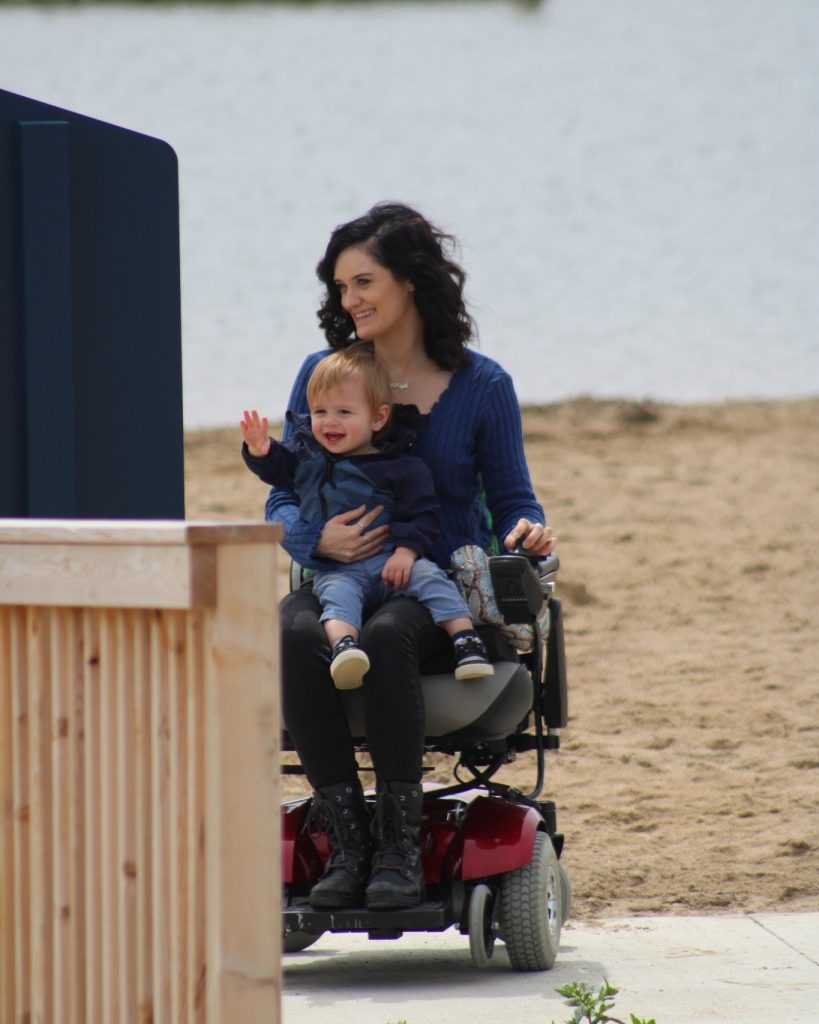
“We’re so excited about the park and the place it has in the community,” Jessica said. “It really provides a space where connections can be made. Due to the uniqueness of its features, it’s designed to bring people together – it’s a place where anyone can connect no matter who you are, what your experiences are. We’re not separate, we’re all together.”
Today, the Athene North Shore Recreation Area welcomes visitors of all ages and abilities, including those with limited mobility, sensory input conditions and vision impairments. The playscape and splashpad are wheelchair accessible and feature a “We-Go-Round” and “We-Saw,” plus natural barriers to create a cozy nook feel. Wider sidewalks wind throughout the park and allow space for wheelchair, walker or assisted device users to walk side-by-side with their families and caregivers. There’s also adult changing tables and Braille on the park signs, and the concession stand counter is lower to be more inclusive.
As for water recreation, the beach has been transformed into an accessible oasis. A zero-entrance ramp into the water makes the beach available to all visitors; the watercraft dock is equipped with a transfer bench system and guide rails; and there’s a separate accessible fishing dock. The park also offers a full inventory of adaptive rental equipment from fishing gear, bikes and trikes to kayaks and paddle boards with tow motors, tandem kayaks, etc.
For visitors like Katie Flippen, the project has proved its value both in her professional and personal life. As an employee with Mosaic, which aids people with intellectual disabilities, and the mother of a son with disabilities, she’s seen its direct impact on people’s lives.
“When there are no barriers, groups and families can seamlessly enjoy the space together,” Katie said. “Having access to a local inclusive and accessible park supports our goals of being outdoors, active and engaged in our community. North Short connects us with nature and has already became a favorite go-to spot for our outdoor adventures.”
Focusing on the Future
Every piece of the park was thoughtfully designed and created – but the legacy doesn’t end with the equipment. While several family events have already been scheduled for the summer, events with service providers on-hand will also be offered to help remove more barriers – future partnerships with ChildServe and On With Life will introduce clients to the possibilities of accessible recreation and teach them how to leverage the necessary equipment.
And, midway through conducting research for the project, the conservation team decided to create an accessibility checklist for other park planners and architects. They are now widely sharing it with parks and organizations across the country alongside presenting it at conferences.
“When you start a project like this, you start looking for others to model off of, but we couldn’t find anything like it,” Jessica said. “As much as we love the recognition as one of the most universally accessible parks in the nation, we’d also love to lose that title because that means other parks across the country are doing similar things and that’s a true success.”
